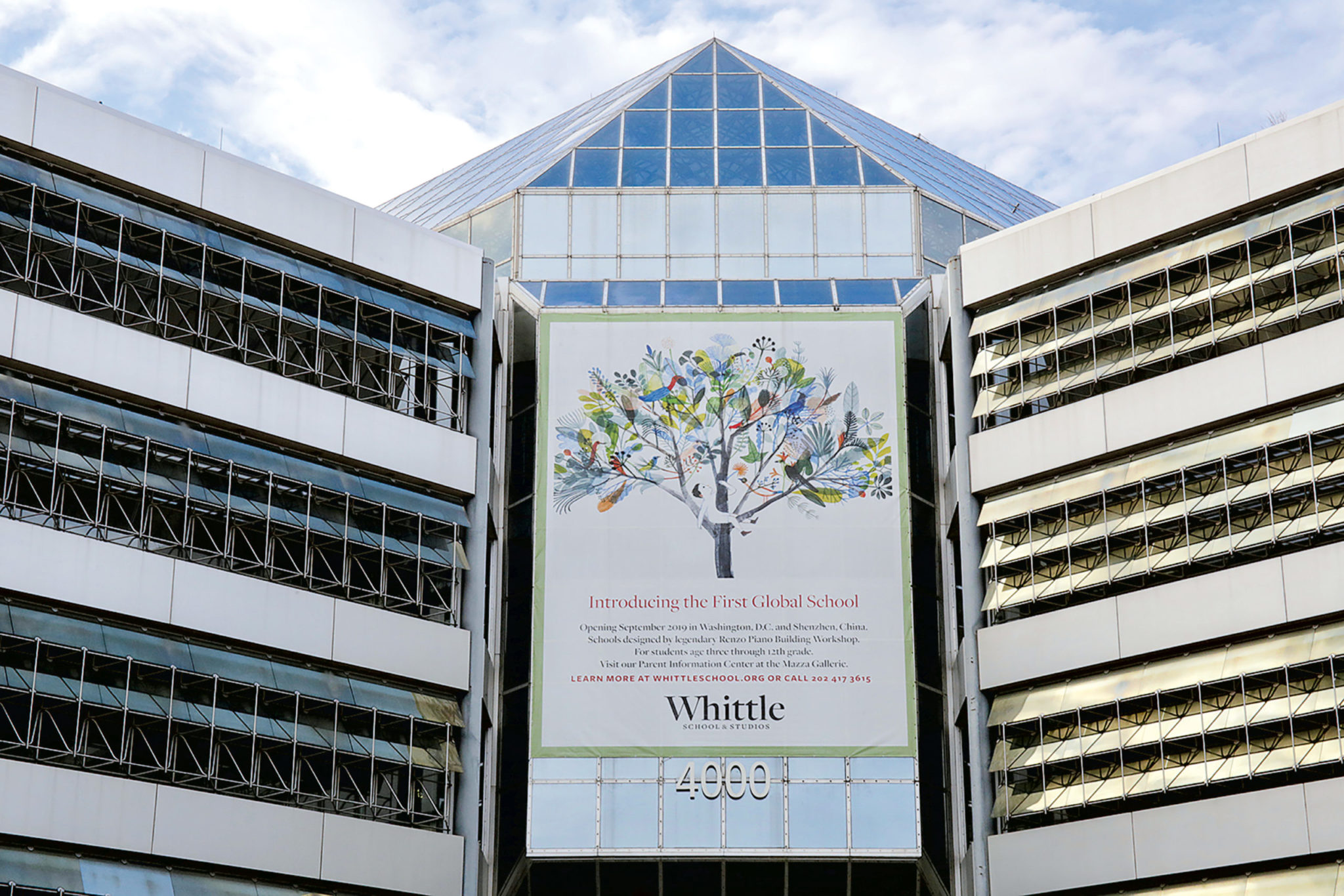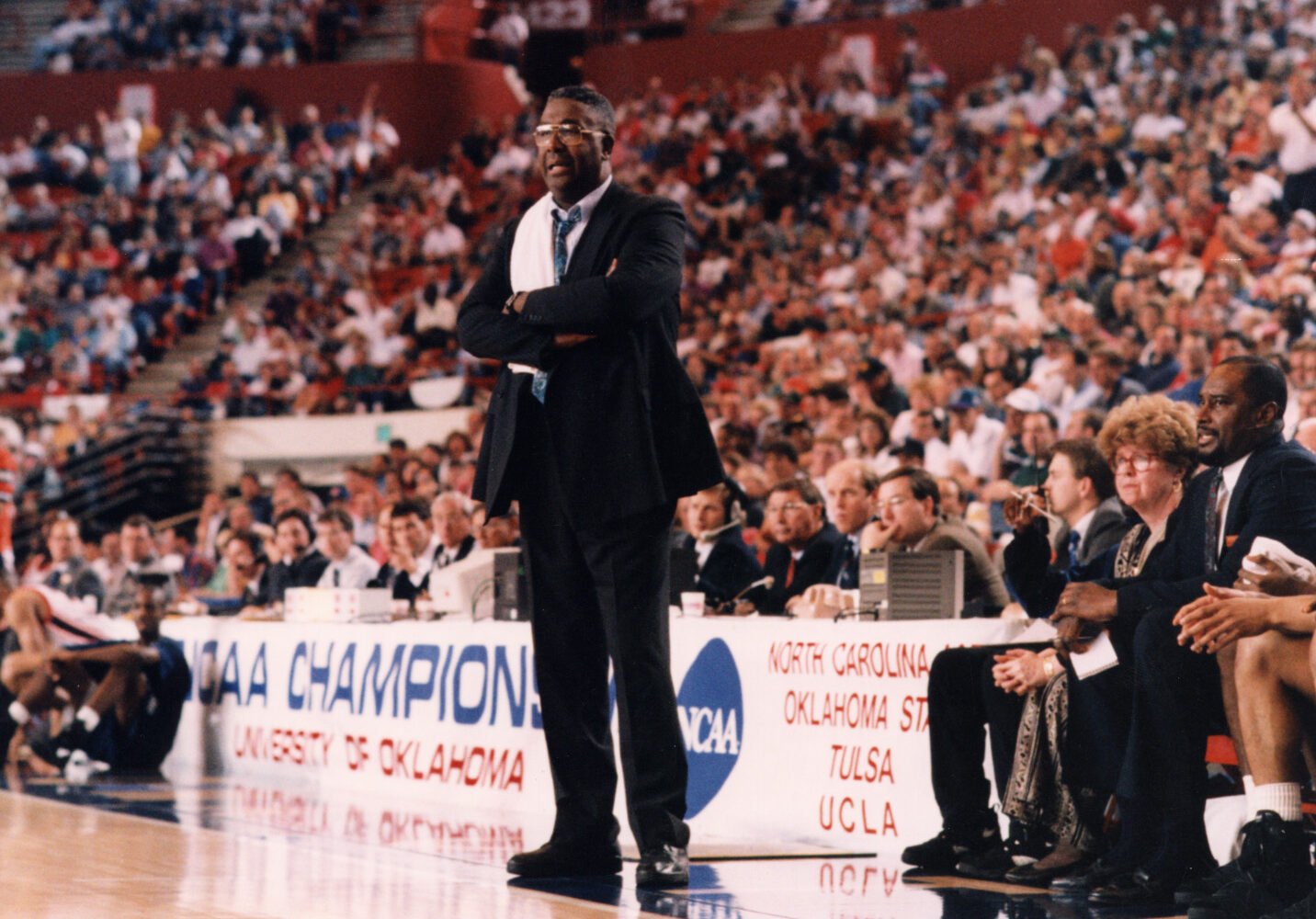Whittle School & Studios is the new kid among Washington’s elite private schools: ambitious, a bit mysterious, and unnerving to the established clique. The DC campus—a lavish $211-million transformation of the for-mer Intelsat headquarters in Van Ness by renowned architect Renzo Piano—opens for business the first week of September, with “business” being the key word. It’s a for-profit international venture that will, if everything goes as planned, eventually include 36 interconnected schools across the globe.
But while the for-profit model is controversial, Whittle is making some members of Washington’s traditional private-school world nervous for other reasons. It has poached faculty and administrators from Sidwell Friends, National Cathedral School, and Georgetown Day School, among others. A bigger concern, at least among some educators and parents, is the impact Whittle could have on the student pool.
[Growing to 2,500 students] will have an enormous disruptive effect on the private-school market.
Whittle’s base tuition is about $49,000—thousands of dollars higher than Sidwell’s or NCS’s. But it’s offering both merit- and need-based scholarships—unlike Sidwell, GDS, and other elite institutions that allocate financial assistance purely according to need. That means Whittle could end up luring some students who would have been paying full fare at other places. For the inaugural year, according to Whittle, roughly half of its students—who are drawn from all eight DC wards and as far away as Bulgaria and Ghana—will receive financial aid or merit-based scholarships, including a $20,000-per-student DC Embassy Scholars Program that targets Washington’s diplomatic corps.
Right now, Whittle has only 200 students. But if it achieves its goal of expanding to 2,500 within the next five years, “that will have an enormous disruptive effect on the private-school market,” according to one veteran educator. “Nobody’s tried to plant a school this size at a single moment in time.”
Meanwhile, the head of Whittle’s DC school, Dennis Bigaard, says that he’s aware of the talk among the private-school community, but he thinks that it’s overblown: “There’s always nervous jitters by some. What’s tricky in the beginning is the unknown.”
This article appears in the September 2019 issue of Washingtonian.




















